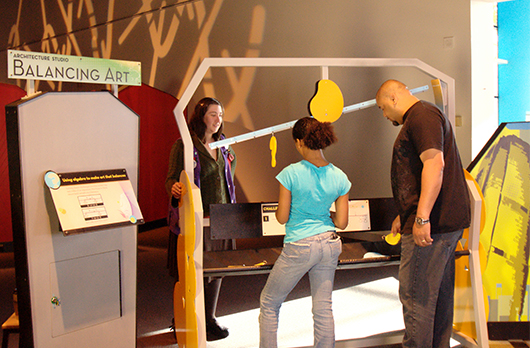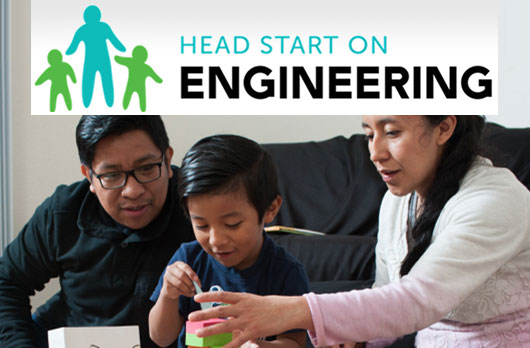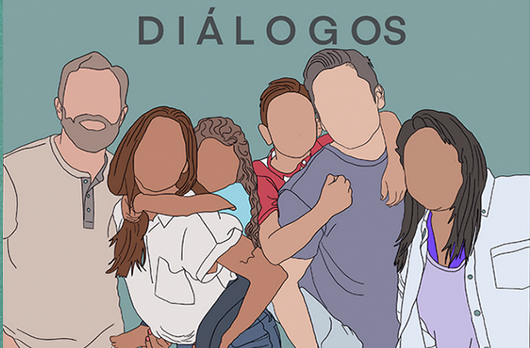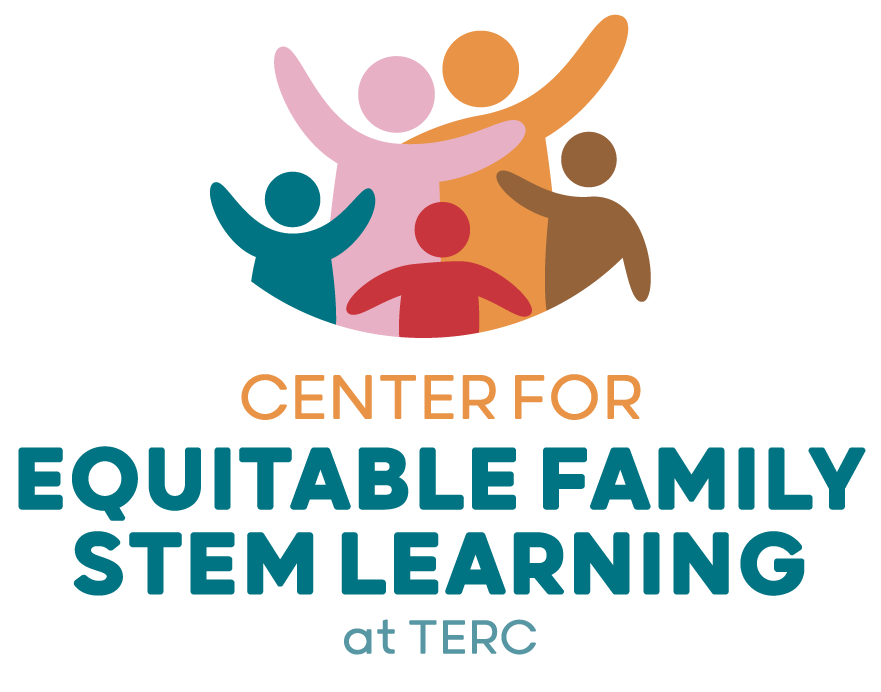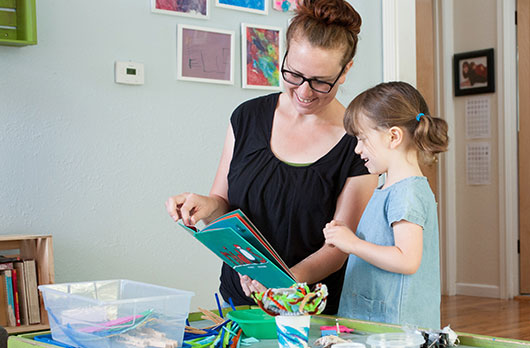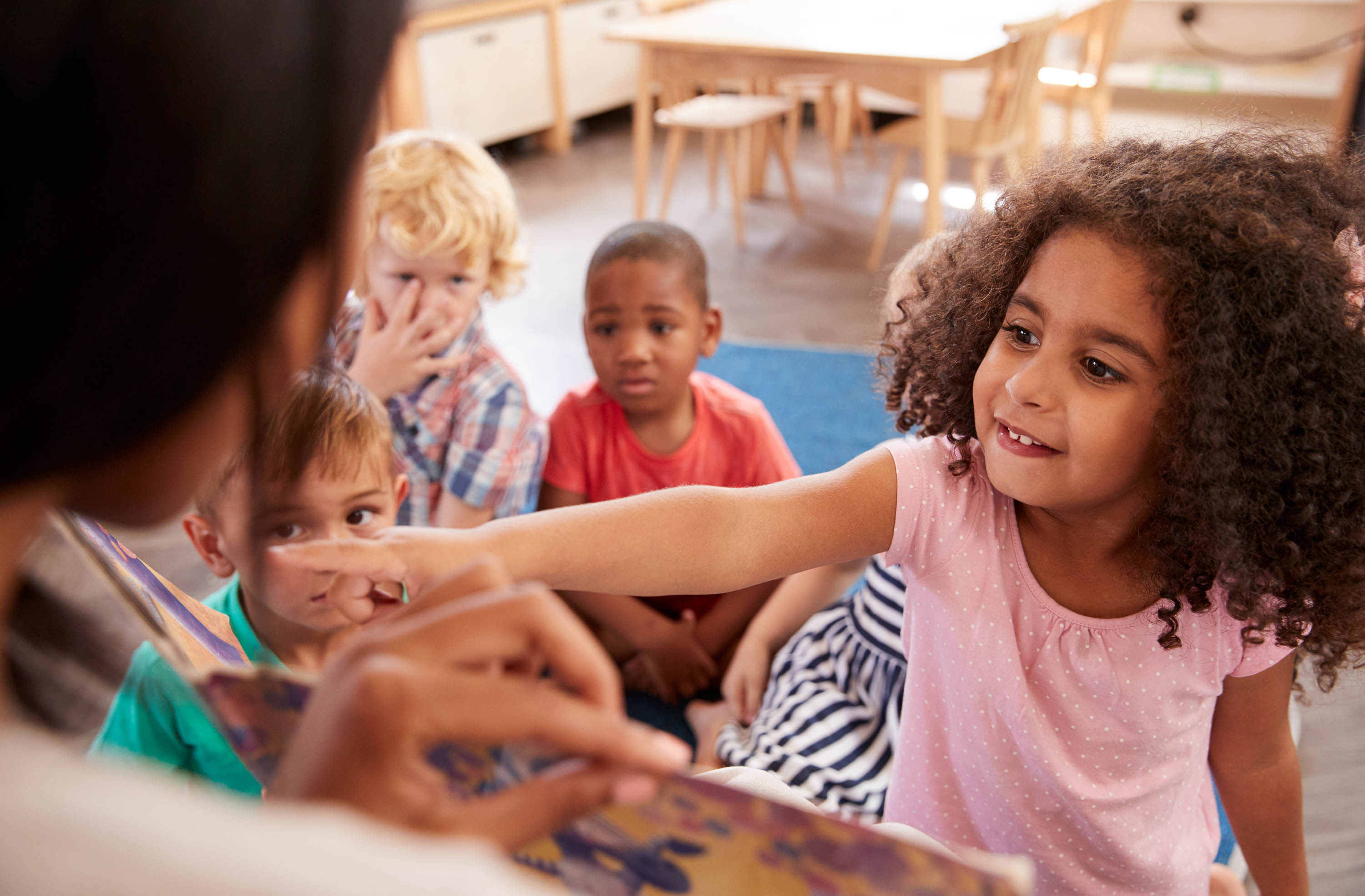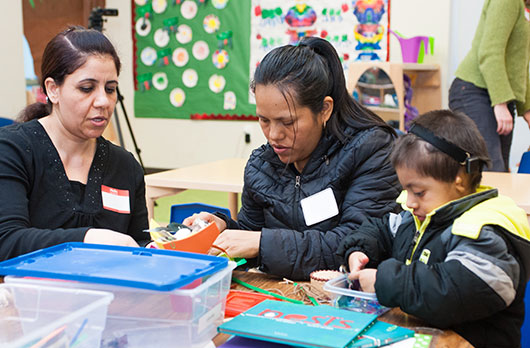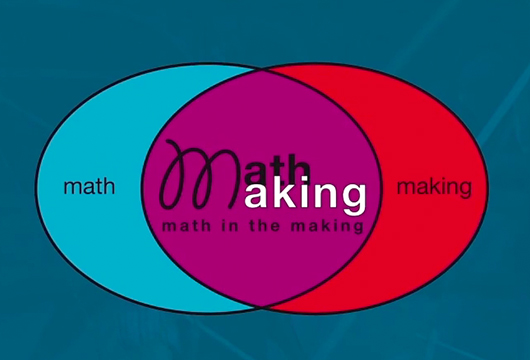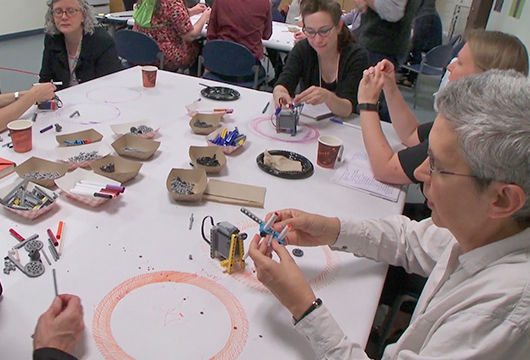Research Scientist
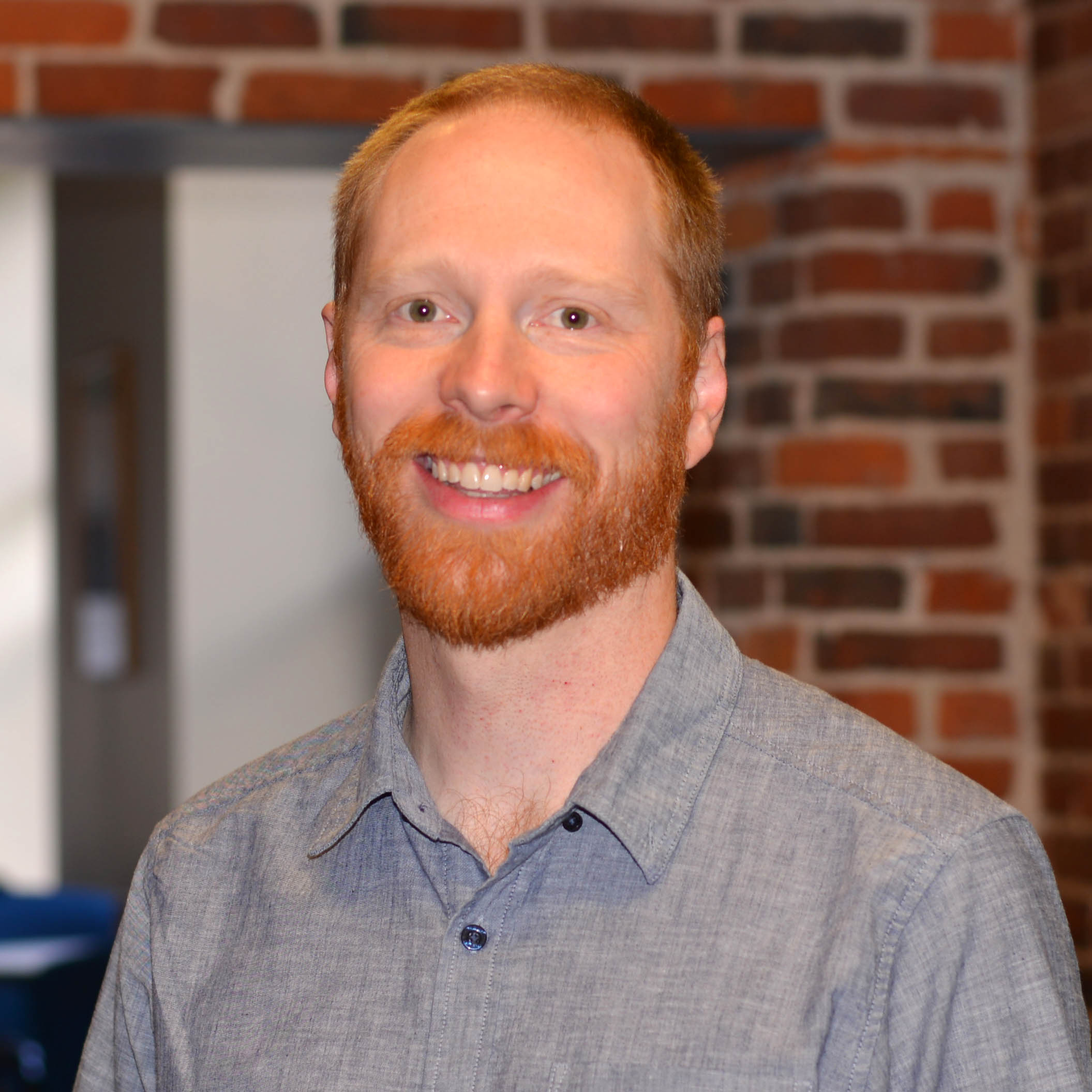
Program/Areas of Interest
- Informal STEM education
- Equity and social justice
- Family learning
- Early childhood
- Interest and identity development
- Qualitative and quantitative research methods
- Collaboration and co-design
Biography
Scott Pattison, PhD, has been studying and supporting STEM education and learning since 2003, as an educator, program and exhibit developer, evaluator, and researcher. His current work focuses on engagement, learning, and interest development in free-choice and out-of-school environments, including museums, community-based organizations, and everyday contexts. Dr. Pattison specializes in using qualitative and quantitative methods to investigate the processes and mechanisms of learning in naturalistic settings. As Co-Director of the Center for Equitable Family STEM Learning at TERC, he has partnered with families, educators, and organizations across the country to support more just and equitable STEM education systems.
Education
- Ph.D. Science Education, Oregon State University 2014
- M.S. Science Education, Oregon State University 2011
- B.S. Environmental Science, University of Oregon 2003
Highlighted Publications
Pattison, S. A., Ramos Montañez, S., Svarovsky, G. N., Wagner, C., Corbett, A., Quijano, & López Burgos, V. (In Press). Activity design principles to support engineering engagement for families with preschool-age children from low-income English- and Spanish-speaking communities. Journal of Pre-College Engineering Education Research (J-PEER).
Pattison, S. A., Ramos Montañez, S., Tolbert Smith, D., Cardella, M., Dou, R., Cian, H., Calabrese Barton, A., Sedawi, W., Tan, E., López Burgos, V., Svarovsky, G. N., Allen, J., Douglass, A., & Wagner, C. (2024). Families matter: Family learning as a central component to equity in STEM education. NARST Annual International Conference, Denver, CO. https://www.researchgate.net/publication/380320468
Pattison, S. A., Svarovsky, G., Ramos Montañez, S., López Burgos, V., Santiago, A., & De Los Santos, S. (2023). Family-centered research: Reflections from a Zoom-based recording method of families learning together at home. Educational Researcher, 52(9), 580–587. https://doi.org/10.3102/0013189X231204587
Pattison, S., Ramos Montañez, S., Svarovsky, G., & Tominey, S. (2022). Engineering for equity: Exploring the intersection of engineering education, family learning, early childhood, and equity. https://blog.terc.edu/engineering-for-equity
Pattison, S., & Svarovsky, G. (2021). Sharpening our focus on equity: Reflections from the Storybook STEM project. https://www.informalscience.org/news-views/sharpening-our-focus-equity-reflections-storybook-stem-project
Pattison, S., Svarovsky, G., & Ramos Montañez, S. (2021). Storybook STEM: Children’s literature as a tool for supporting equitable STEM learning for families. Hands On!, Spring, 12–17.
Pattison, S., Callanan, M., Katz, P., Huerta Migus, L., Ramos Montañez, S., Svarovsky, G., & Takeuchi, L. (2020). Four principles for supporting family learning during the global health crisis: Research-based reflections for teachers and educators. https://www.informalscience.org/news-views/four-principles-supporting-family-learning-during-global-health-crisis-research-based-reflections
Pattison, S., Gontan, I., Ramos Montañez, S., Shagott, T., Francisco, M., & Dierking, L. (2020). The Identity-Frame Model: A framework to describe situated identity negotiation for adolescent girls participating in an informal engineering education program. Journal of the Learning Sciences, 29(4–5), 550–597.
Pattison, S., Svarovsky, G., Ramos Montañez, S., Gontan, I., Weiss, S., Núñez, V., Corrie, P., Smith, C., & Benne, M. (2020). Understanding early childhood engineering interest development as a family-level systems phenomenon: Findings from the Head Start on Engineering project. Journal of Pre-College Engineering Education Research (J-PEER), 10(1), 72–89.
Pattison, S., Gutwill, J., Auster, R., & Cannady, M. (2019). Experimental and quasi-experimental designs in visitor studies: A critical reflection on three projects. Visitor Studies, 22(1), 43–66.
Pattison, S., & Dierking, L. (2018). Early childhood science interest development: Variation in interest patterns and parent-child interactions among low-income families. Science Education, 103(2), 362–388.
Pattison, S., Rubin, A., Benne, M., Gontan, I., Shagott, T., Francisco, M., Ramos-Montañ ez, S., & Dierking, L. (2018). The impact of facilitation by museum educators on family learning at interactive math exhibits: A quasi-experimental study. Visitor Studies, 21(1), 4–30.
Pattison, S., Gontan, I., Ramos-Montañ ez, S., & Moreno, L. (2018). Identity negotiation within peer groups during an informal engineering education program: The central role of leadership-oriented youth. Science Education, 102(5), 978–1006.



